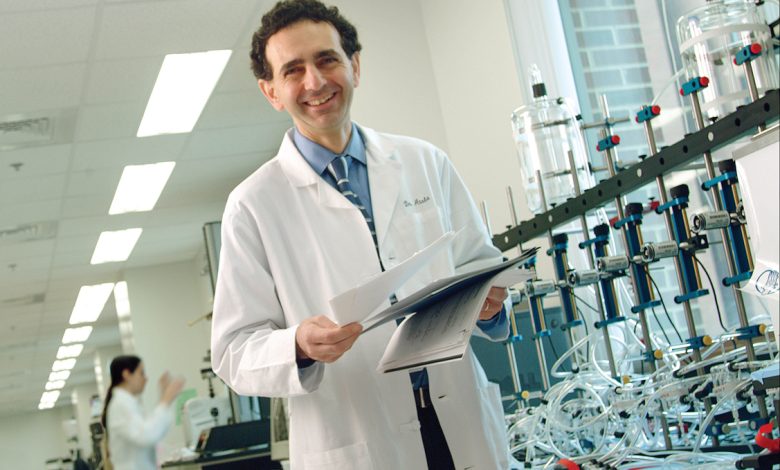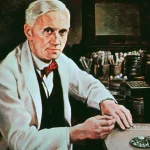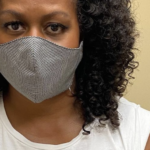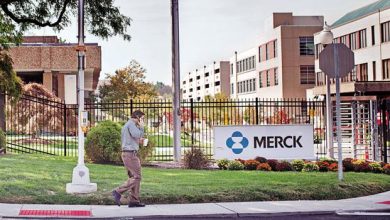Scientists Successfully ‘Bioprint’ Fully Functional Human Skin for Enhanced Wound Healing

In a remarkable breakthrough, scientists have successfully produced fully functional “bioprinted” human skin in a laboratory setting, offering new hope for individuals recovering from wounds, burns, and various skin ailments. The groundbreaking study involved the creation of skin samples that contained all six major cell types typically found in human skin, resulting in multi-layered, full-thickness skin that closely mimics the structure of natural human tissue, encompassing the epidermis, dermis, and hypodermis layers.
Conducted by a team of researchers led by Dr. Anthony Atala, director of the Wake Forest Institute for Regenerative Medicine in North Carolina, this innovative approach to skin regeneration represents a significant advancement in the field of regenerative medicine. The findings, published in the journal Science Translational Medicine on October 4, 2023, have far-reaching implications for the medical community and patients worldwide.
The bioprinted skin not only exhibited the expected structure but also displayed remarkable functionality. Laboratory tests revealed that these engineered skin grafts formed blood vessels and skin patterns, effectively operating as normal human tissue. Moreover, the research demonstrated several promising outcomes, including enhanced wound closure, reduced skin contraction, and increased collagen production, all of which contribute to minimizing scarring.
Dr. Atala underscored the significance of these findings, noting that comprehensive skin healing remains a significant clinical challenge, affecting millions of individuals globally and often presenting limited treatment options. The creation of full-thickness, bioengineered human skin opens up new avenues for more efficient healing and aesthetically pleasing results.
This breakthrough has the potential to transform the lives of burn victims, wounded soldiers, and individuals grappling with various skin disorders. Current grafting techniques often fall short of replicating the full complexity of natural skin, often resulting in visible scarring. With the advent of “printed” skin grafts that offer a triple-layer structure, complete wound coverage and the restoration of normal skin function become a tangible prospect.
The development of functional bioprinted human skin represents a monumental achievement in regenerative medicine, promising a brighter future for those in need of comprehensive skin healing. Like the AI bandages, this breakthrough offers hope for patients who have previously faced limited treatment options, marking a significant step toward more effective wound management and reduced scarring.
Sources
- Atrium Health Wake Forest Baptist, news release, Oct. 4, 2023





